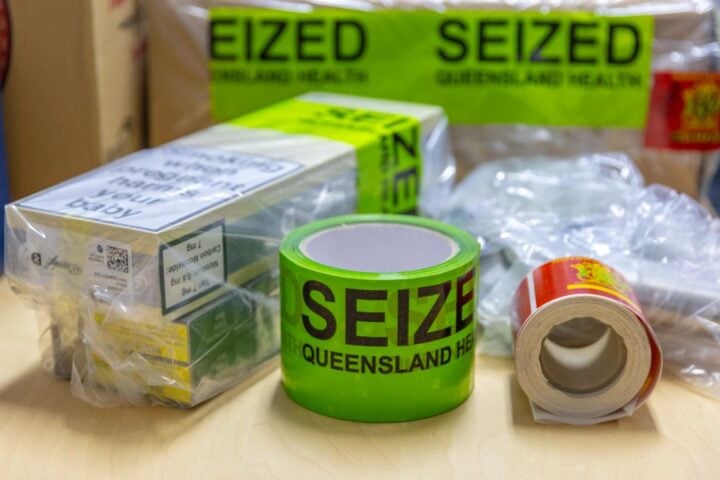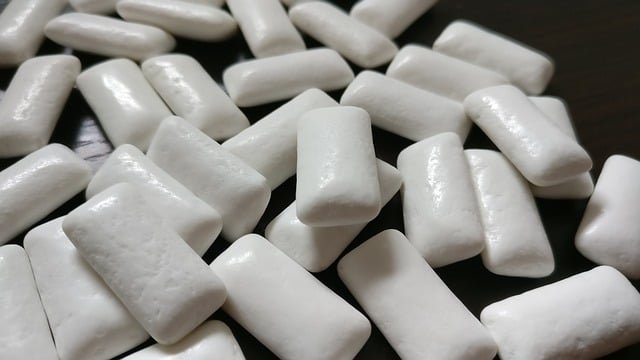According to the SAFAR, Mumbai’s overall Air Quality Index on 8th December morning was at 315, which is considered to be “very poor,” which was higher than Delhi’s AQI at 263 which is in the “poor” category (SAFAR). Safar urged individuals to take precautions like wearing masks while outside, especially those who have respiratory ailments, as the AQI in Mumbai exceeded that in Delhi. Moreover, the air quality is degrading as the temperatures drop with exceeding winter.
Mumbai’s air quality made headlines last month when its overall Air Quality Index (AQI) plunged to 262 on November 15th, placing it in a very poor category and far worse than even New Delhi, the “world’s most polluted city,” which recorded an AQI of 208. The health effects in Mumbai could be harsher at the same AQI level because Mumbai has a higher concentration of PM 2.5 (fine particulate matter) than Delhi.
To put things in perspective, an AQI of 0 to 50 is deemed “good,” 51 to 100 is “satisfactory,” 101 to 200 is “moderate,” 201 to 300 is “poor,” 301 to 400 is “very poor,” and 401 to 500 is “severe.”
Mumbai’s AQI has stayed at moderate to bad levels for weeks after reaching 304 (severe category) the day after Diwali. Mumbai’s pollution levels tend to increase in the winter since the season’s lower temperatures and wind speeds hinder the pollutants from dispersion.
According to SAFAR, haze is being caused by stationary winds, the temperature drop, suspended pollutants interacting with atmospheric moisture, and stagnant winds. They anticipated that the city’s air quality would worsen due to the gradual decrease in temperature.
“The present condition is due to the drop in temperature accompanied by north-easterly winds blowing in less than 10 km/h speed, which favors less dispersion (of pollutants) and hence high AQI,” Dr. Gufran Beig, a senior scientist and the first project director for SAFAR.
Dr. Gufran Beig claimed that some regions consistently register higher AQI levels throughout the day. “The AQI in areas like Malad and Mazagaon is between poor and very poor. This is because Malad remains cooler compared to other areas in Mumbai during winter and is also away from the sea breeze, so normally it has a high AQI during winter. The same equation applies to other pockets of the city, which record high AQI,” he added further.
According to Mahesh Palawat, a Skymet Weather Services Private Limited meteorologist and climate expert, two elements primarily impact a region’s AQI: air speed and daily temperature. “The decline in temperature has led to the development of mist and haze. These types of conditions enhance the pollution level and since the airspeed is also very low, the pollutants don’t disperse easily from the lower atmosphere,” Mahesh Palawat.
PM2.5 components, which are air particulate matter with a diameter of fewer than 2.5 micrometers, are the principal pollutants that contribute to high AQI. PM2.5 components include burn remnants, dust particles, and components emitted by vehicles. Doctors and health experts have recommended citizens, mostly from vulnerable groups, wear masks before leaving their houses. Experts have also recommended installing air purifiers as a precautionary measure in areas with low AQI.
“The high AQI mainly impacts children and senior citizens with co-morbidities and may affect their lungs directly. Therefore, it is advisable to use masks while stepping out and avoid going out at peak traffic hours, since vehicular emission is maximum during this time. Post-Diwali, the AQI in Mumbai has shown a significant drop, which has also led to an increase in patients coming for treatment for lung diseases,” stated Dr. Ashutosh Shah, a city-based pulmonologist.


















